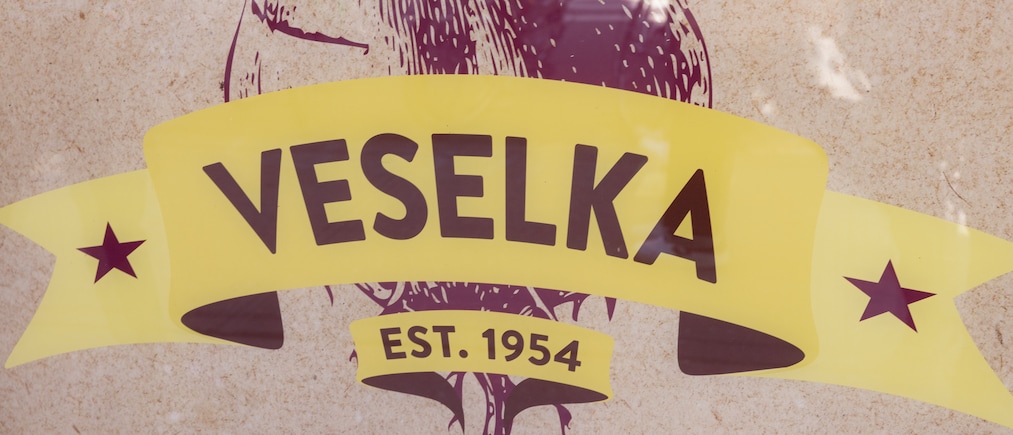You may not think your business has much in common with Veselka, a popular Ukrainian coffee shop founded in 1954, in New York’s East Village. But for three generations now, the family in charge has solved a problem that's vexed entrepreneurs of all kinds for far longer – making customers feel welcomed, earning their trust, and keeping them loyal.
Veselka began as a humble newsstand that served soup and sandwiches, in a section of New York historically known as Little Ukraine. The menu and space eventually expanded. As a staple of the neighborhood in the City That Never Sleeps, the restaurant went 24-hours in 1990. The early breakfast crowd would often cross paths with late-night club-goers looking for something hearty on their stumble home.
You’ve got to keep your product consistent, whatever it is.
—Jason Birchard, owner, Veselka
When you walk in the door, you're greeted by a Ukrainian flag with the words "SUPPORT UKRAINE" written on it, as well as by a staff – many who hail from Ukraine themselves – that backs up that sentiment, including third-generation owner Jason Birchard.
That customer loyalty was tested during the pandemic, when New York was a global epicenter, and again now, as the world watches the turmoil in Ukraine and throngs of New Yorkers head to Veselka to show their solidarity.
I asked Birchard about his family’s secret to longevity in one of the most competitive restaurant markets in the world. Here’s what he had to say.
1. Stay true to your roots.
“We try to keep it homey. We definitely try to keep consistent branding, sticking to our roots, with the help of a graphic designer who has been on board. Our motto is ‘Ukrainian soul food in the heart of the East Village.’”
2. Image matters—no matter what it is.
“Try to stick to your aesthetic look, too. In our case, we have the original counter that's been here since the late 1950s. It's been obviously overhauled and new upholstery's been put on the stools—like any brand should do a bit of a refresh—but we’ve got the same aesthetic we had from the beginning.”
3. Stand by your product.
“You’ve got to keep your product consistent, whatever it is. We make 90% of the food here. I buy some artisanal breads, I don't pickle my own pickles, but everything else we do is on premise—from the 5,000 pierogies we make a day to the 50 gallons of borscht that is sold. It's just amazing, the amount of product that we're going through lately. But it’s always ours.”



